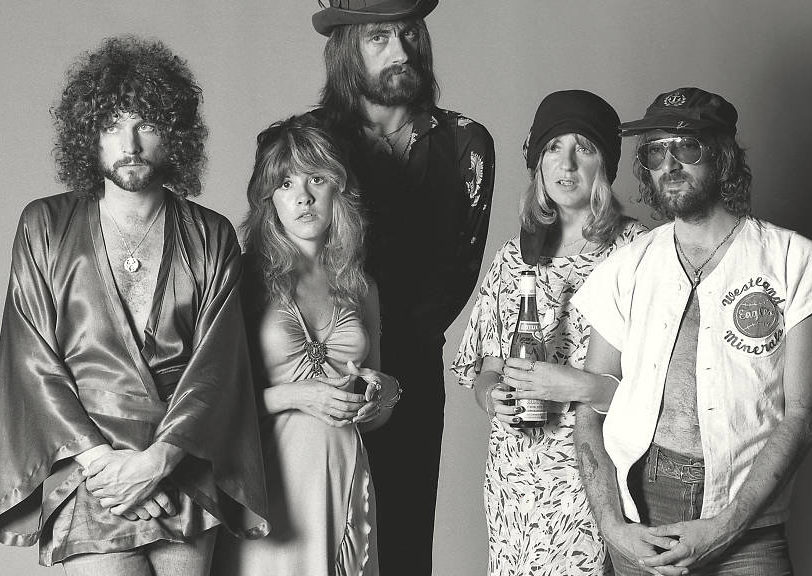There are wildly successful albums, and then there’s Rumours, by Fleetwood Mac. Released on 4 February 1977, the group’s 11th album topped the US charts for 31 non-consecutive weeks that year. It not only hit No.1 in the UK but remained in the Top 100 for eight years. It’s sold over 45 million copies to date, making it one of the highest-selling albums ever, and, what’s more, music fans continue to fall under its spell: Rumours was the fourth highest-selling vinyl album of 2019 and, in September 2020, Dreams raced back up the US chart thanks to a viral TikTok video
Aside from the chart positions and staggering sales figures, Rumours simply connects with people – Dreams, Go Your Own Way, Don’t Stop… all pan-generational anthems with universal appeal. And it’s been hugely influential on music. Plenty of today’s leading artists, from Taylor Swift to Tame Impala, Haim to Florence + The Machine, Lady Gaga to Lorde, owe a massive debt to the bittersweet pop-rock of late 70s Fleetwood Mac.
Listen to ‘Rumours’ here.
“We took the decision to hang in there”
Just a few years before Rumours’ release, Fleetwood Mac were at their lowest ebb. After a period in which guitarist Bob Welch had an affair with drummer Mick Fleetwood’s wife, and the band’s manager had attempted to send out a new version of the group to fulfil touring commitments, their musical driving force, Bob Weston, left in December 1974, leaving a creative chasm at the heart of the group. Adding to their concerns, their album sales had been steadily diminishing, with 1974’s Heroes Are Hard To Find an outright flop. When Mick Fleetwood phoned Lindsey Buckingham, a young guitarist he’d met at Sound City studios, on New Year’s Eve 1974 to offer him a job in Fleetwood Mac, it seemed like a last roll of the dice. Buckingham agreed, on the condition that his partner – musical and otherwise – Stevie Nicks came with him.
Buckingham and Nicks had been playing together since high school, first with psych-rock act Fritz and then forming an eponymous duo that released one album, 1973’s Buckingham Nicks, before they hitched their wagon to Fleetwood Mac. Along the way romance bloomed, though, as nicks told Uncut in 2003, “Lindsey and I were in total chaos a year before we met Fleetwood Mac. I had already moved out of our apartment a couple of times and then had to move back in because I couldn’t afford it. Our relationship was already in dire straits. But if we’d broken up within the first six months of Fleetwood Mac there would have been no record and we would have been in big trouble, so when we joined the band, we took the decision to hang in there.”




